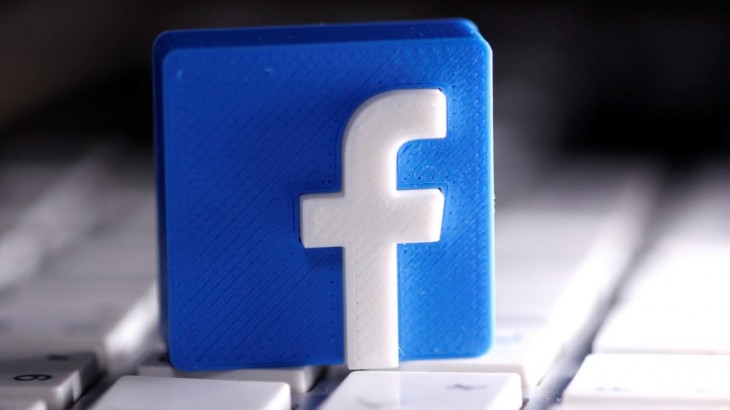In December 2015 the founder and Chief Executive of Facebook, Mark Zuckerberg, wrote passionately in The Times of India why it was important to give free access to internet. He was promoting the idea of ‘Free Basics’ launched by Facebook. It would give free access to basic internet services to all Indians. No charge would be applied for data use by the telecom company to access Facebook and a few other sites. Facebook would pay directly to the telecom company for the data. It was what he called a bridge to full internet access. It would close the digital divide. It would lead to digital equality. He claimed that full internet access would lift millions out of poverty. He compared this free service to provision of free basic health or education. It was a persuasive pitch.
Unfortunately for him, the Telecom Regulatory Authority of India (TRAI) turned it down. Why would TRAI turn down a free service being offered by the social media giant? The answer is subtle but very important. While some free access to internet is better than no access, the Facebook free offer was giving access to only certain websites. Thus the poor who opted for Free Basics would be able to roam only where Facebook allowed them to roam. This curtails a more basic kind of freedom, i.e. freedom to roam the internet. And all other smaller websites would have to pay Facebook to enter this “walled garden”. This is opposite to the principle of net neutrality. A profitmaking organisation like Facebook was offering “free services” because it hoped to make those free customers become sticky and paying customers, in the future. It was like a “foot in the door” policy, giving freebies in the beginning, that any monopoly uses to oust competitors. Once it has hundreds of millions of users inside the “walled garden”, it would charge monopoly pricing to those who wanted to access those customers. It would become a gatekeeper to a privately owned corner of the internet. Thanks to a nationwide people’s campaign for net neutrality, the Facebook plan for Free Basics failed.
That was five years ago. The power of platform economics is much better understood now. Their monopoly power is massive and has caused concern across the world. The US Congress recently summoned the CEOs of four large American tech companies (Google, Facebook, Amazon and Apple) to question them about their monopolistic practices. Apart from monopoly issues, social media companies like Facebook also have to contend with issues that impinge on freedom of speech. India is its biggest market. It owns WhatsApp and Instagram, and the combined user base is easily more than 700 million. FB says it does not censor free speech, but even President Trump has accused it of creating a negative bias. FB has faced severe criticism for allowing advertisement with fake information that influenced American voters. Its revenues from political ads are not easily disclosed. In fact since 2011 it has been asking the US Federal Election Commission to exempt it from disclosing revenue from political advertisements. Its employees do assist political campaigns who buy services from FB. But this sometimes makes the company too close to governments and ruling parties. This, combined with its enormous reach, power and data, make it a formidable force in electoral democracies. Add to this hate speech. The dividing line between hate speech and free speech is thin, but this gets decided by the company itself. What if it ends up helping one political constituency?
Last week The Wall Street Journal ran a full page story alleging that Facebook in India ignored their internal guidelines, and did not remove hate speech posts, because these were posted by politicians from the ruling party. Removing those posts, despite complaints from users, would have soured their business prospects in India, as per the article. Most remarkably, the company abides by much stricter guidelines on what can be posted in most other countries such as Germany, Singapore or most of Europe. So these posts would not have passed muster elsewhere. As a result of the WSJ’s explosive allegation, there has been an internal dissent within the company questioning the top management of such dilution of their own internal standards. India’s Parliamentary Standing Committee on IT has summoned the company to appear before it, to clarify the charges. FB says it employs sophisticated artificial intelligence tools to detect fake news or hate speech. But that may not be good enough. There are provisions in India’s laws (InfoTechnology Act 2000 and Cable TV Act 1995) that are applicable. In the era of omniscience and almost monopoly power of social media companies, and proliferation of fake news coupled with hate speech, some regulation is definitely needed. It will need to carefully balance free speech versus hate speech curbs, and innovation.
The article was originally published on Mirror Now.
Image Credit: Reuters (Used for representation purpose only)
